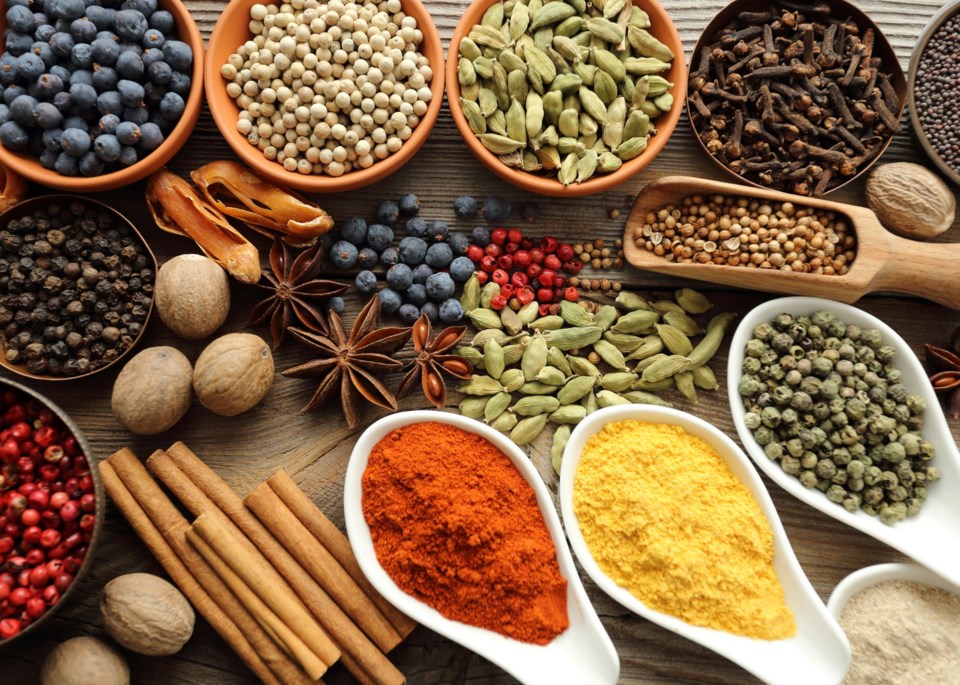Herbs and spices have been used for culinary and medicinal purposes for centuries. These four tasty seasonings enhance the flavour and aroma of a variety of foods, but did you know that they may also help reduce inflammation associated with health conditions such as arthritis?
1. Garlic
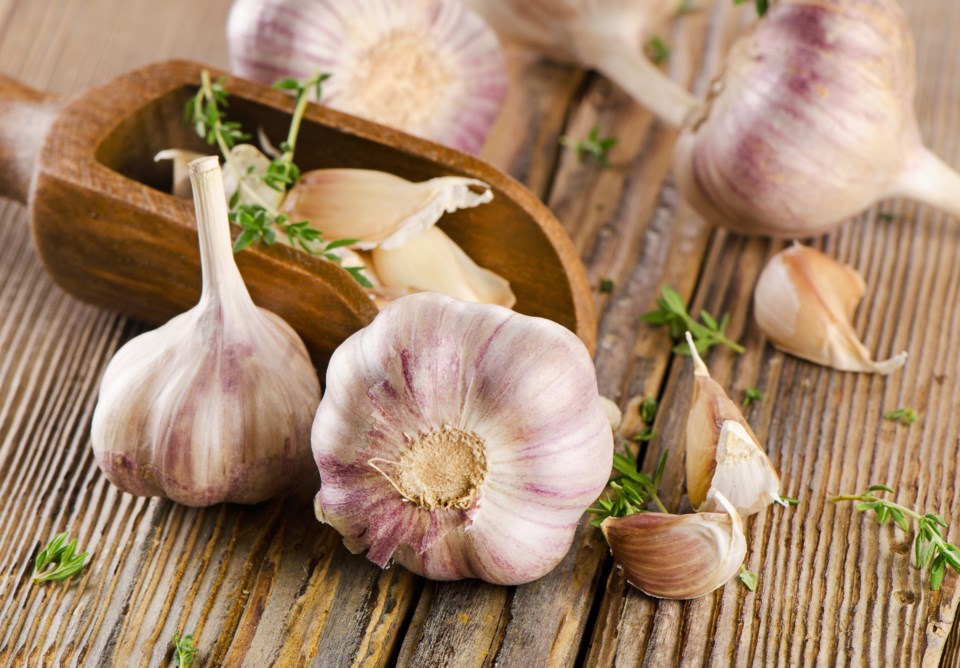
Traditionally used as an antidote for disease, garlic belongs to the genus allium and contains an anti-inflammatory compound known as diallyl disulphide. Allium vegetables include garlic, leeks, chives and scallions.
Garlic can be eaten either raw or cooked. In its raw form, garlic is more pungent and can be grated over cooked vegetables, soup, salad, pasta or a couple slices of toast. Cooked garlic has a mild, nutty taste that enhances stews, pasta, mashed potatoes, soup and roasted vegetables.
2. Ginger
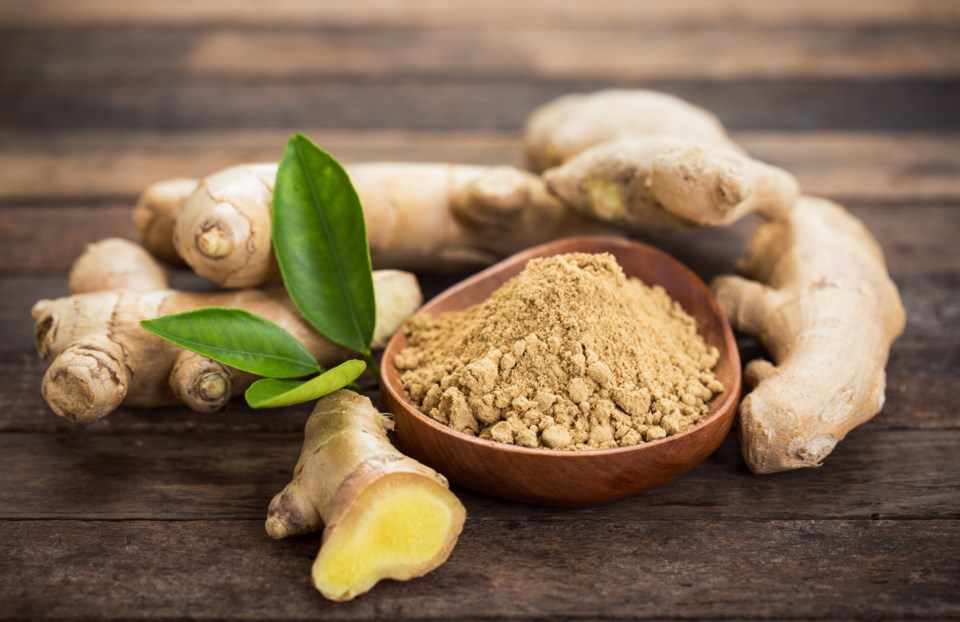
Ginger has been used as folk medicine for centuries. Gingerol is the main anti-inflammatory compound in ginger and functions similarly to COX-2 inhibitors, which are drugs used to treat joint pain and inflammation. Some studies have linked ginger to decreased joint pain and disability in people with osteoarthritis.
Ginger’s unmistakable sharp and aromatic flavour can elevate many dishes including stews, rice, fruit sauces, muffins and more. Add zing to smoothies by incorporating a small piece of ginger.
3. Cinnamon
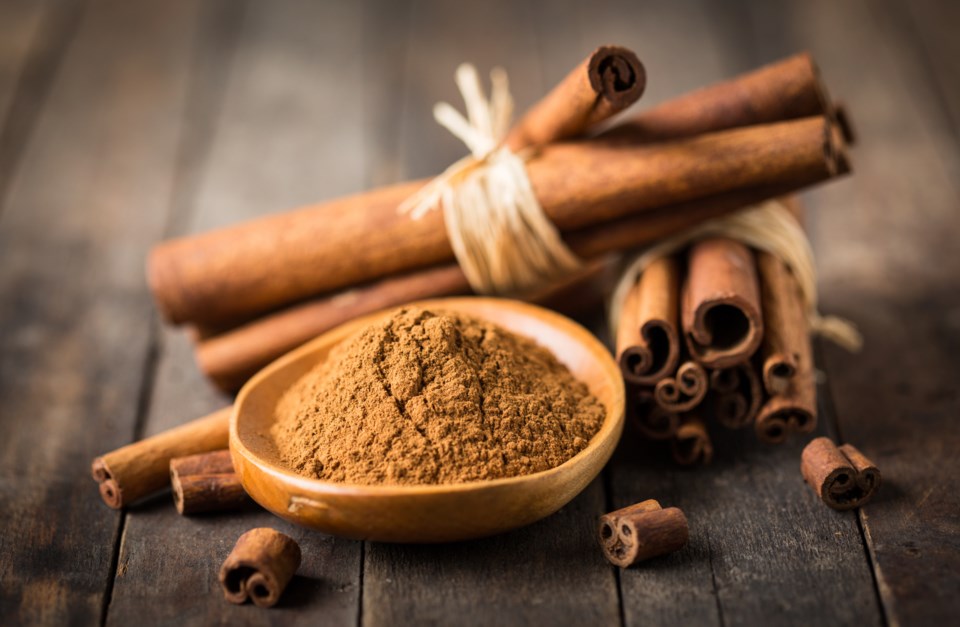
Cinnamon contains chemical compounds known as cinnamaldehyde and cinnamic acid. These compounds have been associated with reducing joint pain. Research has shown some promising results with cinnamon supplements in reducing inflammation and another condition called oxidative stress, which can lead to cell tissue breakdown and premature aging.
Cinnamon’s sweetly spicy flavour is versatile and can be added to both sweet and savoury dishes. Try adding it to meat rubs or sprinkling it on your coffee.
4. Turmeric
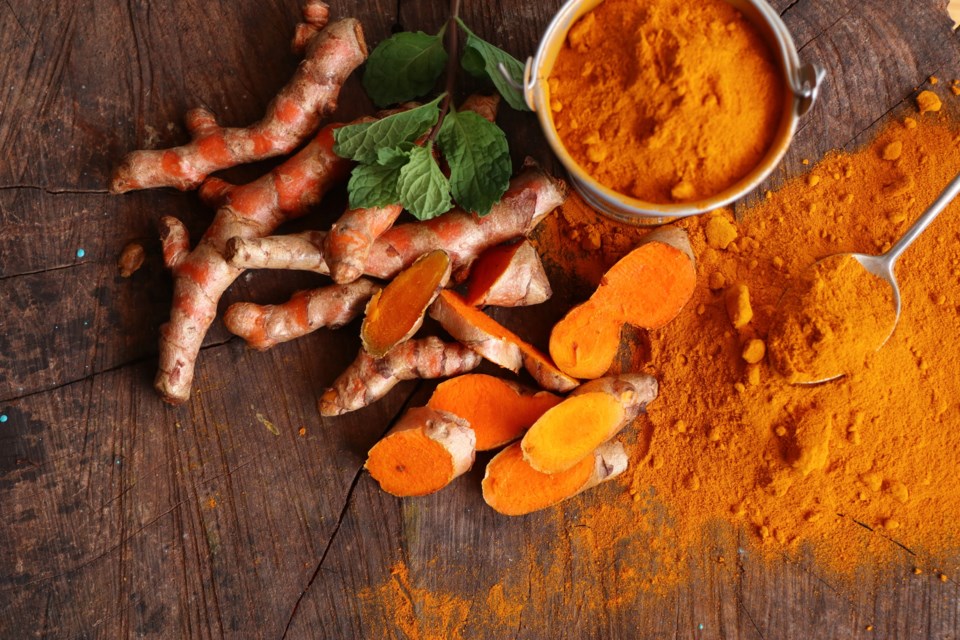
Best known for its vibrant, rich yellow colour, turmeric is a spice commonly used in Indian cuisine. It also has a long history of being used as medicine in Chinese and Indian cultures. Turmeric contains a compound known as curcumin which is associated with lowering inflammation and easing osteoarthritis pain. Despite some promising early results, more research is needed to determine the safety and effectiveness of taking curcumin supplements.
Adding pepper significantly increases the effectiveness of turmeric, so try whisking turmeric and black pepper into your favourite salad dressing and drizzle it onto roasted vegetables or salad. Turmeric makes an excellent addition to almost any type of soup, especially cream or vegetable soups.
Check out this delicious tumeric-infused recipe below!
A rice dish with a healthy flare
This quick and easy to prepare dish is sure to be a crowd-pleasing side or standalone meal in your home. Plus, several of the ingredients, including turmeric and 100% orange juice have properties that can support your health.
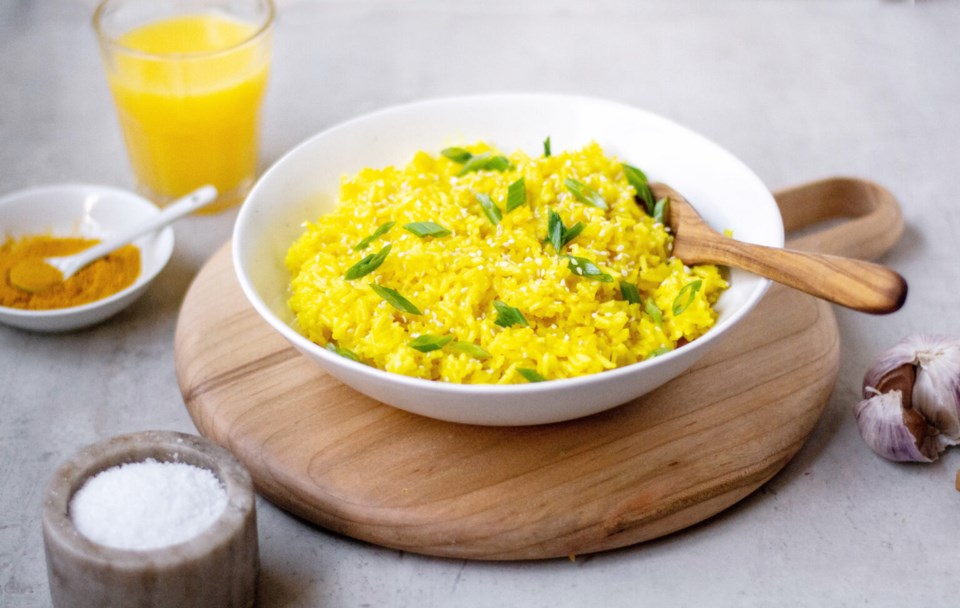
Golden Coconut Orange Rice
Preparation time: 5 minutes
Cooking time: 20 minutes
Serves: 4 - 6
Ingredients
- 2 tsp (10 ml) oil or butter
- 2 tsp (10 ml) minced garlic
- ½ tsp (2 ml) ground turmeric
- ½ tsp (2 ml) salt
- 1 cup (250 ml) basmati rice
- ¾ cup (180 ml) Florida Orange Juice
- ½ cup (125 ml) water
- ½ can (200 ml) light coconut milk
- 2 tsp (10 ml) sesame seeds (optional)
- 2 green onions, finely sliced (optional)
Directions
- Heat oil in a medium saucepan over medium heat. Add garlic and cook until fragrant.
- Stir in turmeric, salt and rice, before adding orange juice and coconut milk.
- Bring to a boil, stir and cover pot. Reduce heat to simmer and cook for 15 minutes. Remove from heat and allow rice to sit for 5 minutes to absorb any extra liquid.
- Fluff rice with a fork and serve with a sprinkle of sesame seeds and green onion if desired.
